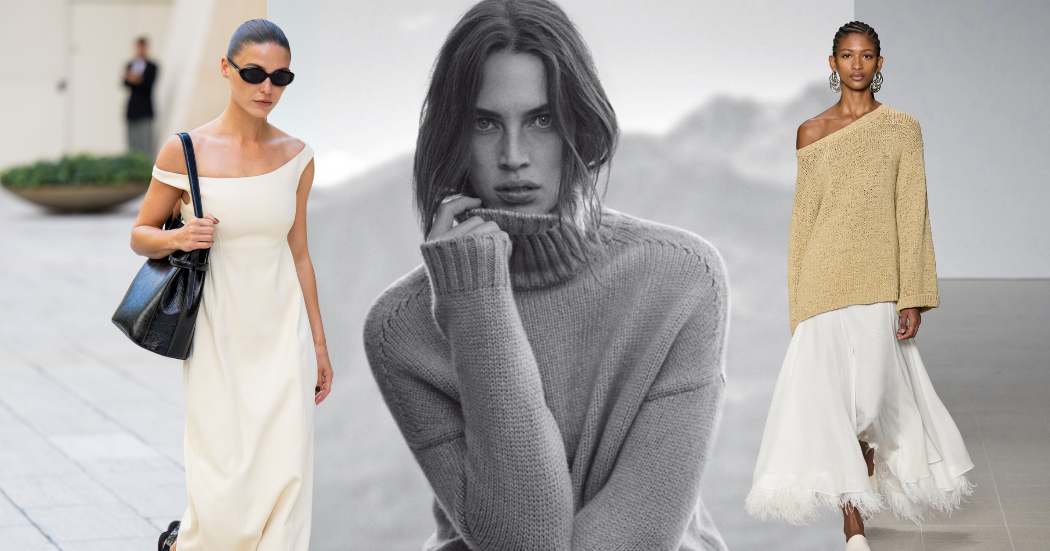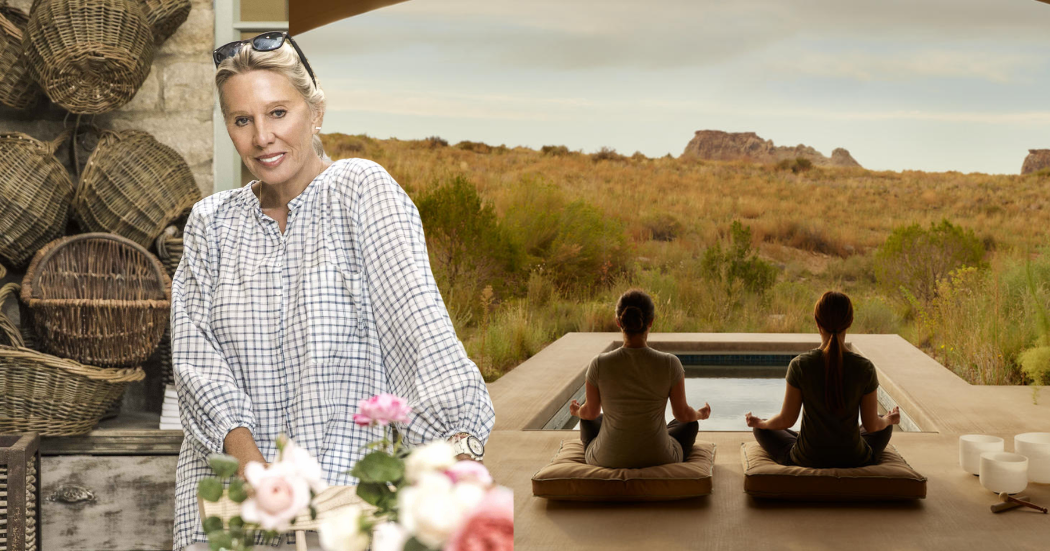Why We Want, What We Want
AI, emotion, and the biology of status are reshaping the luxury consumer. In an eye-opening paper from Dr. David DuBois, it becomes clear that hormones and algorithms fuel desire, guilt, and identity in the modern luxury market.
In luxury, scarcity isn’t just about limited supply. It’s what makes us want something even more. Status isn’t only about social rank. It drives desire, shapes emotion, and sometimes turns into a bit of a trap.
Our research reveals that the motivations behind luxury consumption are far more complex than conspicuous wealth or aesthetic pleasure. Luxury, it turns out, is a battleground of psychological tensions between self-expression and social signalling, between pleasure and guilt, between authenticity and aspiration.
The Scarcity Mindset in a World of Excess
One of the most fascinating insights is how scarcity, whether real or imagined, fuels our desire for status symbols. Luxury consumers are not just buying products; they are buying a sense of elevation in a world that feels increasingly unequal. In parts of the U.S. where the gap between rich and poor is the widest, people are way more likely to search for luxury brands like Louis Vuitton and Rolex. In fact, more than 70% of the most popular online searches in those states are all about status-driven goods. In lower-inequality states, not one of the top 40 online searches related to status goods.
Luxury becomes an emotional salve. It offers the illusion of control, distinction, and permanence in a world that often feels unstable. It also becomes a social weapon which is something to be brandished or, in the case of the ultra-wealthy, downplayed with “quiet luxury” that whispers status rather than shouts it.

Biology Meets Brand
Surprisingly, our desire for luxury may begin in the bloodstream. In one controlled study, administering testosterone to men increased their preference for status brands like Calvin Klein, but not for comparable non-luxury brands like Levi’s. This effect aligns with evolutionary instincts around social hierarchy and mating competition. Another study showed that male customers were more likely to buy expensive products in the presence of a physically dominant salesperson—especially if they were shorter in height or had low natural testosterone levels.
Women, too, demonstrate heightened interest in luxury when simply observed by another person. The mere presence of a stranger increased their attention to status goods, suggesting that luxury shopping is deeply performative and social.
Enter AI: Algorithmic Aspiration and Digital Desire
Just as hormones and social dynamics shape our desire for luxury, artificial intelligence is increasingly involved in orchestrating it.
Today’s luxury consumers are being influenced not only by social cues but by machine learning models trained to decode and predict psychological triggers. AI systems are no longer just recommending products, but are forecasting aspirational trajectories. They know when a consumer is likely to crave elevation, seek uniqueness, or respond to scarcity.
Luxury e-commerce platforms, for example, use AI to track behavioural cues, learning whether a shopper is motivated by exclusivity, sustainability, or status anxiety. Algorithms can amplify scarcity by nudging users with limited-stock messages at the precise moment of emotional vulnerability. They can surface personalised status symbols based on your digital footprint and social circle.
And emotional AI is making inroads. Some brands are already experimenting with mood based content, digital stylists, and even virtual influencers whose personalities are engineered to reflect cultural capital. AI is not just enhancing the luxury experience—it is becoming a co-author in the psychology of luxury itself.

Luxury as Identity and Insecurity
What we wear, drive, or display says something about who we are, or who we want others to think we are. But luxury doesn’t always make us feel good. In fact, it can backfire.
The research points to a “luxury impostor syndrome” or a discomfort that even affluent consumers feel when they perceive their indulgences as undeserved. This can lead to reduced confidence and a sense of inauthenticity. Merely thinking about owning a luxury item, as one study found, can make people feel hubristic and inauthentic.
And the social cost is equally real. Luxury consumers are often viewed as less warm, more materialistic, and even immoral. In a professional setting, they may be seen as competent, but less trustworthy or collaborative. Ironically, even the brands themselves are at risk. When observers see luxury being enjoyed without effort, say, when it’s funded by parents rather than earned, they rate the brand less favourably.
The New Status Symbols
Luxury is no longer confined to handbags and cars. Consumers increasingly derive status from wellness routines, educational investments, and sustainable living. Today’s luxury might look like organic produce from Daylesford, a silent yoga retreat, or a handmade ceramic mug with a story behind it.
This shift signals a new era: one where cultural capital and conscientious consumption rival traditional bling. And in this context, brands must tread carefully. The new luxury consumer wants to feel elevated, yes—but also seen, heard, and aligned with values beyond wealth.

What This Means for Luxury Brands
If you’re building a luxury brand in 2025, understand this: your consumer isn’t just buying a product. They’re buying a narrative of self. One that oscillates between pride and guilt, aspiration and alienation.
To win in this space, brands must acknowledge the tensions. It’s no longer enough to dazzle; you must connect. No longer enough to stand apart; you must stand for something.
Luxury, at its core, is emotional. And understanding those emotions, the hormones, the inequalities, the digital signals, and the neural pathways that drive them, might just be the new competitive edge.
Dr. David DuBois is a leading expert in both youth development and consumer psychology, with award-winning research exploring how self-esteem, mentoring, and social context shape human behaviour. Dr. DuBois’ research has been generously supported by elite institutions including the National Institutes of Health, the U.S. Departments of Education and Justice, and leading private foundations. A Fellow of both the American Psychological Association and the Society for Community Research and Action, Dr. DuBois holds esteemed leadership roles as Chair of the Research Board of the federally-funded National Mentoring Resource Center and the Research Advisory Committee of Big Brothers Big Sisters of America.
Image sources: Harper’s Bazaar, Yorgo, Vogue, Elle, The Times, Aman
Continue Reading
The Paradox of Progress
Checking in with… Walter Pasquarelli
Trust Funds
Luxury’s Learning Curve
When Wellness Meets Machine

